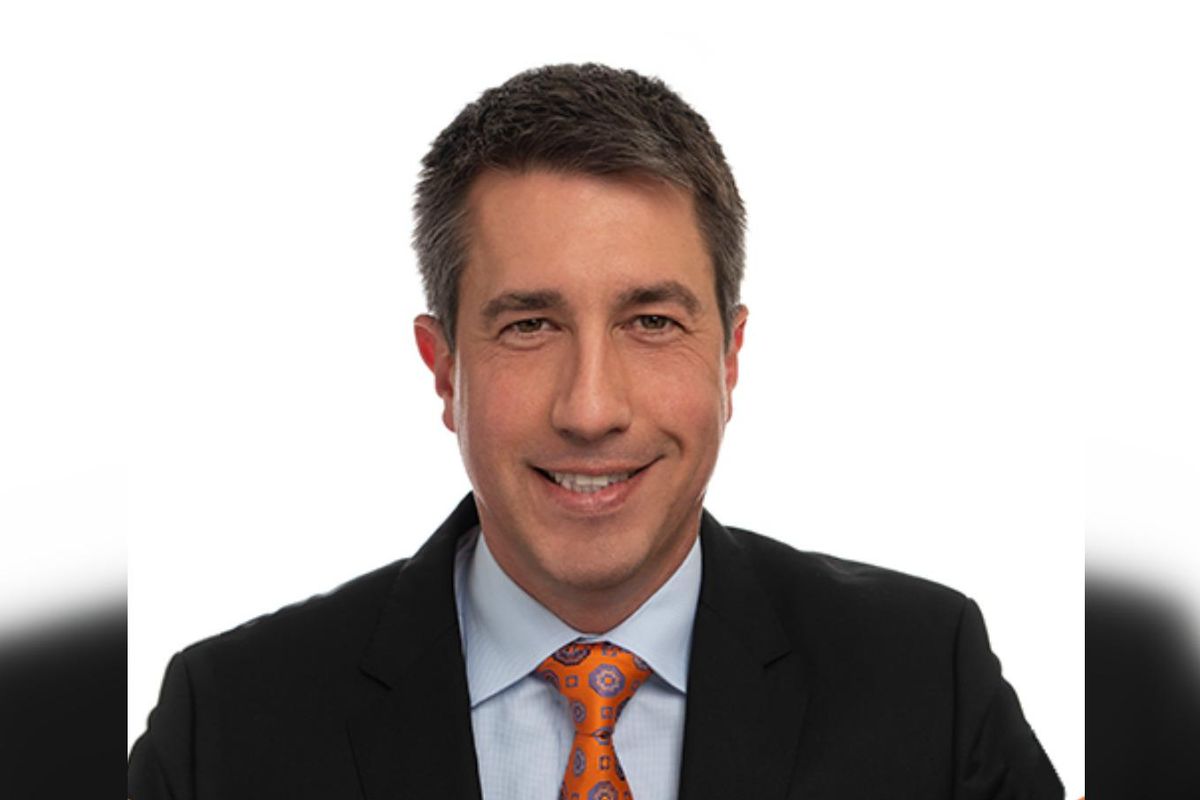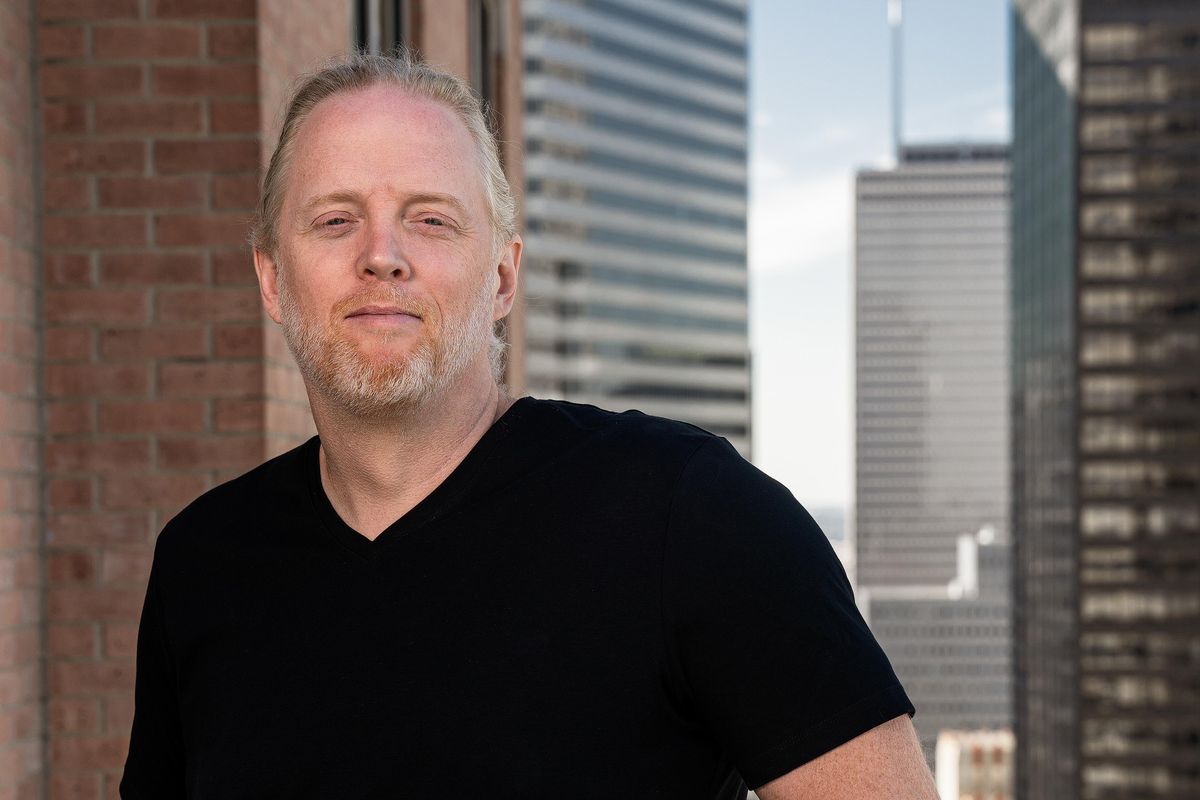As a venture capitalist and former startup founder living in Houston, I get asked a lot about the best way to find and connect with a venture capitalist in Houston. My usual advice is to start with a list, and reach out to everyone on that list. But no one has a comprehensive list. In fact, VCs are such a quiet bunch that I’ve yet to meet someone who personally knows everyone on this proverbial list.
So, I got together with a couple of VC friends of mine, and we put together our own Houston venture capitalist list.
There are, by our count, 11 active venture capital funds headquartered in Houston of any size and type, and outside of corporate venture capital and angel investors, there are 30 total venture capitalists running funds.
Houston has always been quite thin on the VC fund front. I’ve jokingly introduced myself for a while as “one of the 13 venture capitalists in Houston.”
Let’s put this scale in some brutal perspective. With 7.2 million people in the Greater Houston Metro Area, the odds of finding a partner level active venture capitalist in Houston is about 1 in 240,000, if you take a most expanded definition of venture capitalist that might come down to 1 in 100,000. We’re the fifth largest metropolitan area in the country with a tremendous economic engine; there is a ton of capital in Houston, but it’s residing in things like institutional fixed income and equities, real estate, wealth management, corporate, private equity, family office, energy and infrastructure Basically, mostly everywhere but in venture capital funds for tech startups.
By comparison, there are almost as many Fortune 500 CEOs in Houston — 24, by our count — as venture capitalists and fewer venture capitalists than Fortune 1000 CEOs, of which there are 43. That means running into a VC in the checkout line at HEB is about as rare as running into the CEO of CenterPoint, ConocoPhillips, or Academy. In fact, as there are 115 cities in the Greater Houston area, you are three times more likely to be a mayor in Greater Houston Area than a partner at an investor at a VC firm, and more likely to be a college or university president. While we’re at it, you’re 400 times more likely to be a lawyer, 250 times more likely to be a CPA, and over 650 times more likely to be a medical doctor.
Our 30 venture capitalists in the Greater Houston Area are spread across 20 firms and all major venture sectors and stages. Venture capitalist is defined for this list as a full time managing director or partner-level investment professional actively running a venture capital fund with limited partners, currently investing in new venture capital deals from their fund from seed to growth stage, and residing in the Greater Houston Metro area.
To get to 31 we added in a couple of people running venture set asides for PE funds, and a number who work from Houston for funds with no office here. We excluded CVCs, as the decision making is more corporate than individual and rarely includes the committed fund and carried interest structure that defines venture capital, and excluded professionals at angel networks, accelerators, and seed funds that provide investment, but don’t manage conventional venture capital funds, as well as PE funds that do the occasional venture deal. We might be able to triple the number if we include venture capitalists at any professional level, and add in those professionals at PE and angel and seed funds, and corporate venture capital teams who are actively investing. But we’ll get to those other sources of funding in the next list.
The 11 venture capital funds headquartered in Houston are: Mercury, Energy Transition Ventures (my fund), Montrose Lane (formerly called Cottonwood), Texas Medical Center Venture Fund, Artemis, New Climate Ventures, Fitz Gate Ventures, Curate Capital, Knightsgate Ventures, Amplo Ventures,and First Bight Ventures.
Another half a dozen firms have a partner level venture capital investor here, but are headquartered elsewhere: Energy Innovation Capital, Decarbonization Partners, 1984 Ventures, Altitude Ventures, Ascension Ventures, Moneta Ventures, and MKB & Co. Two others, CSL Ventures and SCF Partners, are local private equity funds with a venture capital partner in Houston and a dedicated allocation from a PE fund.
Culling these for partner or managing director level currently in Houston, in alphabetical order by first name, LinkedIn profile and all.
- Abhinav Jain, CSL Ventures
- Aziz Gilani, Mercury Fund
- Blair Garrou, Mercury Fund
- Brent Kelton, Moneta Ventures
- Carrie Colbert, Curate Capital
- David Hayes, Decarbonization Partners
- Diana Murakhovskaya, Artemis Fund
- Don Kendall, New Climate Ventures
- Durg Kumar, Knightsgate Ventures
- Eric Rubenstein, New Climate Ventures
- Farzad Soleimani, 1984 Ventures
- George Coyle, Energy Innovation Capital
- Hossam Elbadawy, SCF Partners
- Imran Kizilbash, CSL Ventures
- Jay Zeidman, Altitude Ventures
- Jeremy Arendt, Montrose Lane
- Jesse Teichman, MKB
- Jim Cohen, Fitz Gate Ventures
- John Reale, TMC Venture Fund and Integr8d Capital
- Leslie Goldman, Artemis Fund
- Mark Poag, Fitz Gate Ventures
- Matt Arnold, New Climate Ventures
- Neal Dikeman, Energy Transition Ventures
- Paul Dickerson, Energy Innovation Capital
- Q Song, Energy Transition Ventures
- Ryan Gurney, Montrose Lane
- Samantha Lewis, Mercury Fund
- Sheel Tyle, Amplo VC
- Stephanie Campbell, Artemis Fund
- Taha Jangda, Ascension Ventures
- Veronica Wu, First Bight Ventures
We may have missed a couple of VCs hiding in plain sight, as venture capital is a pretty dynamic business.
VCs are just rare. And yes, perhaps more rare in Houston than in California. Something less than 1 in 100 VCs in the country live in Houston. Across the US there are somewhere around 1,000 to 2,000 active venture capital firms, and maybe another 1,000 to 2,000 active US based CVCs — so, plus or minus maybe at most 4,000 to 5,000 currently active partner level venture capitalists in the country excluding CVC professionals (active VCs and VC funds are really hard to count).
Perhaps in the most stunning statistic, the 7,386 elected state legislators in the US today outnumber the total number of American venture capitalists. Luckily for startup founders, the venture capitalists are more likely to return your phone call.
------
Neal Dikeman is a venture capitalist and seven-time startup co-founder investing out of Energy Transition Ventures. He’s currently hosting the Venture Capital for First Time Founders Series at the Ion, where ETV is headquartered.



